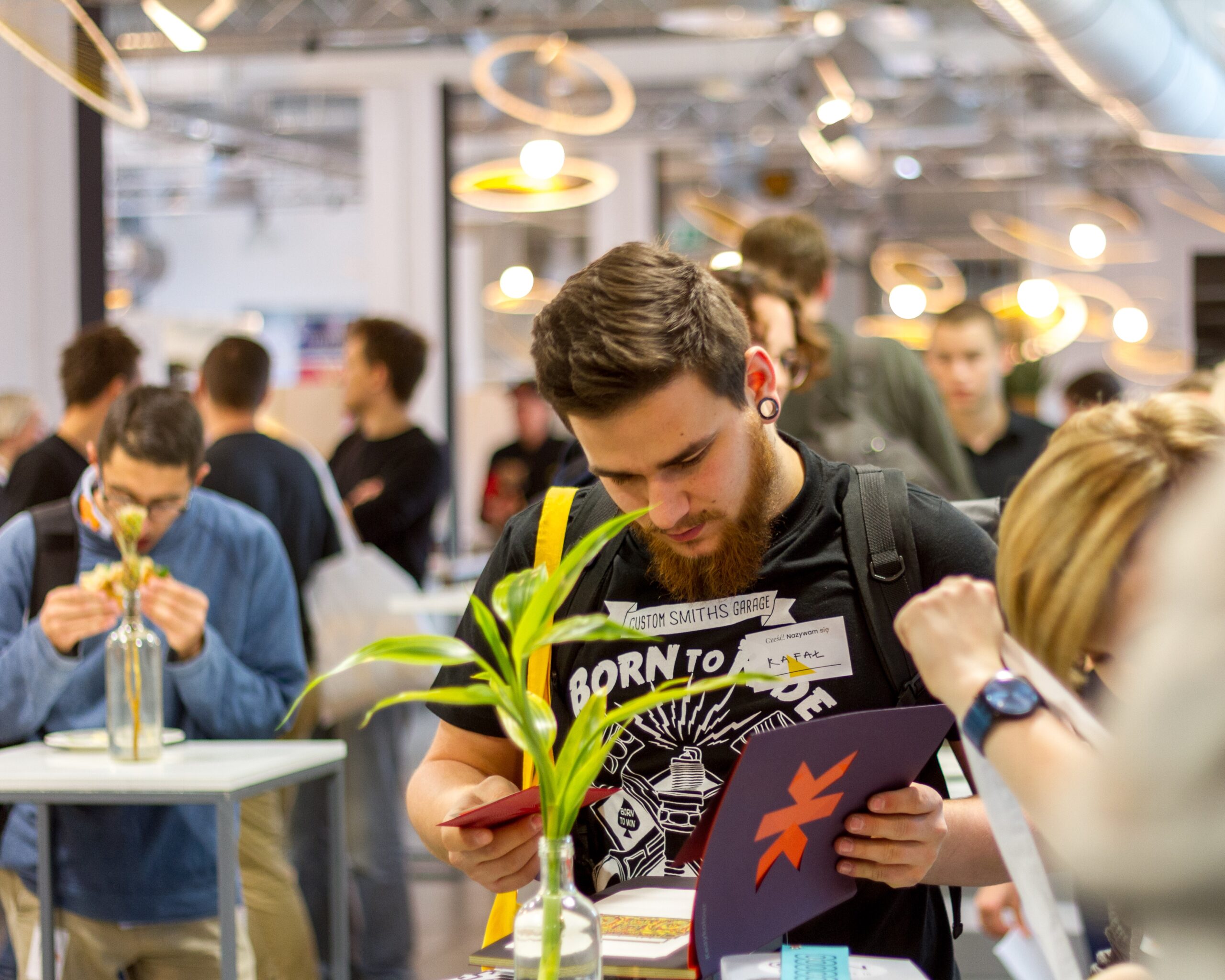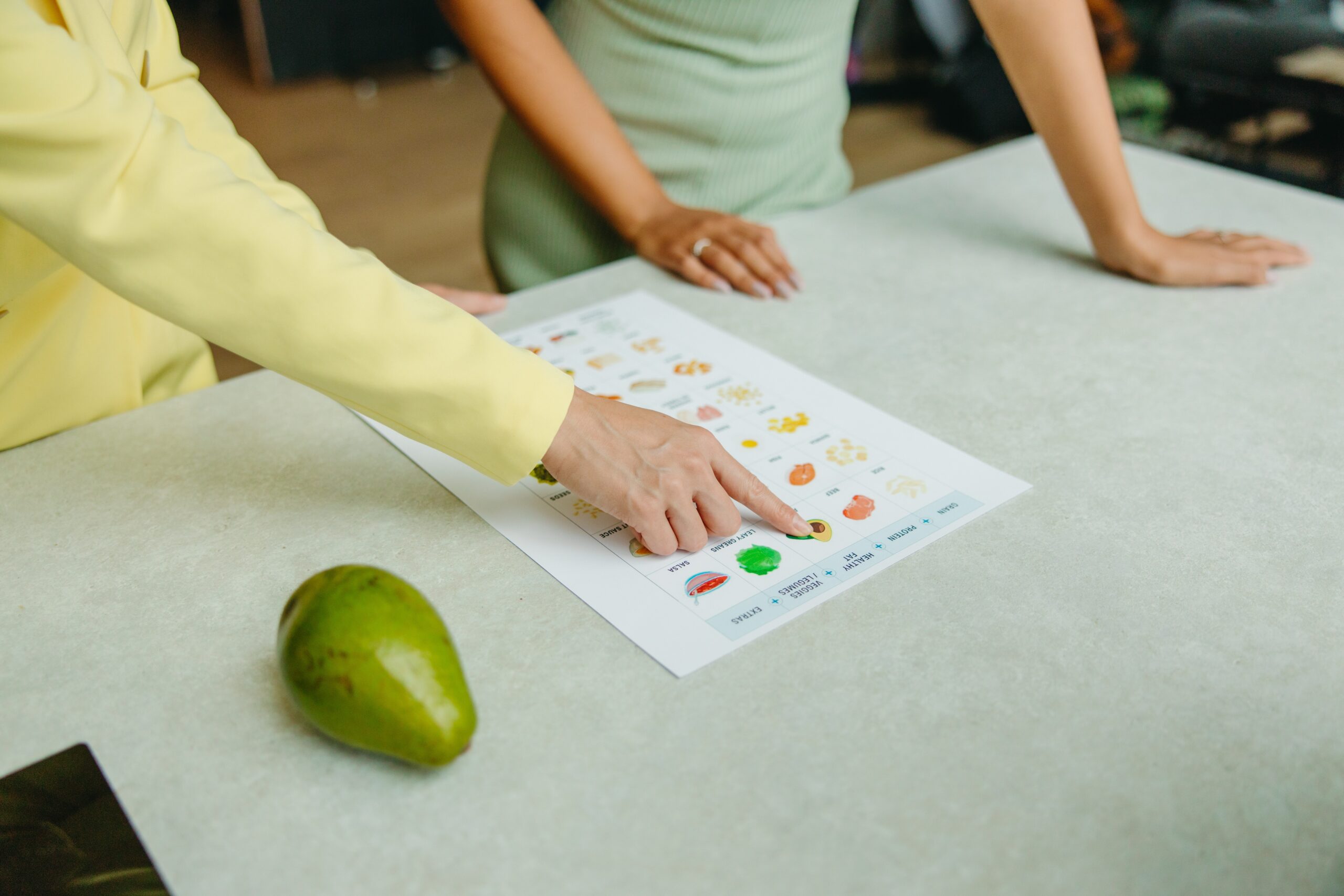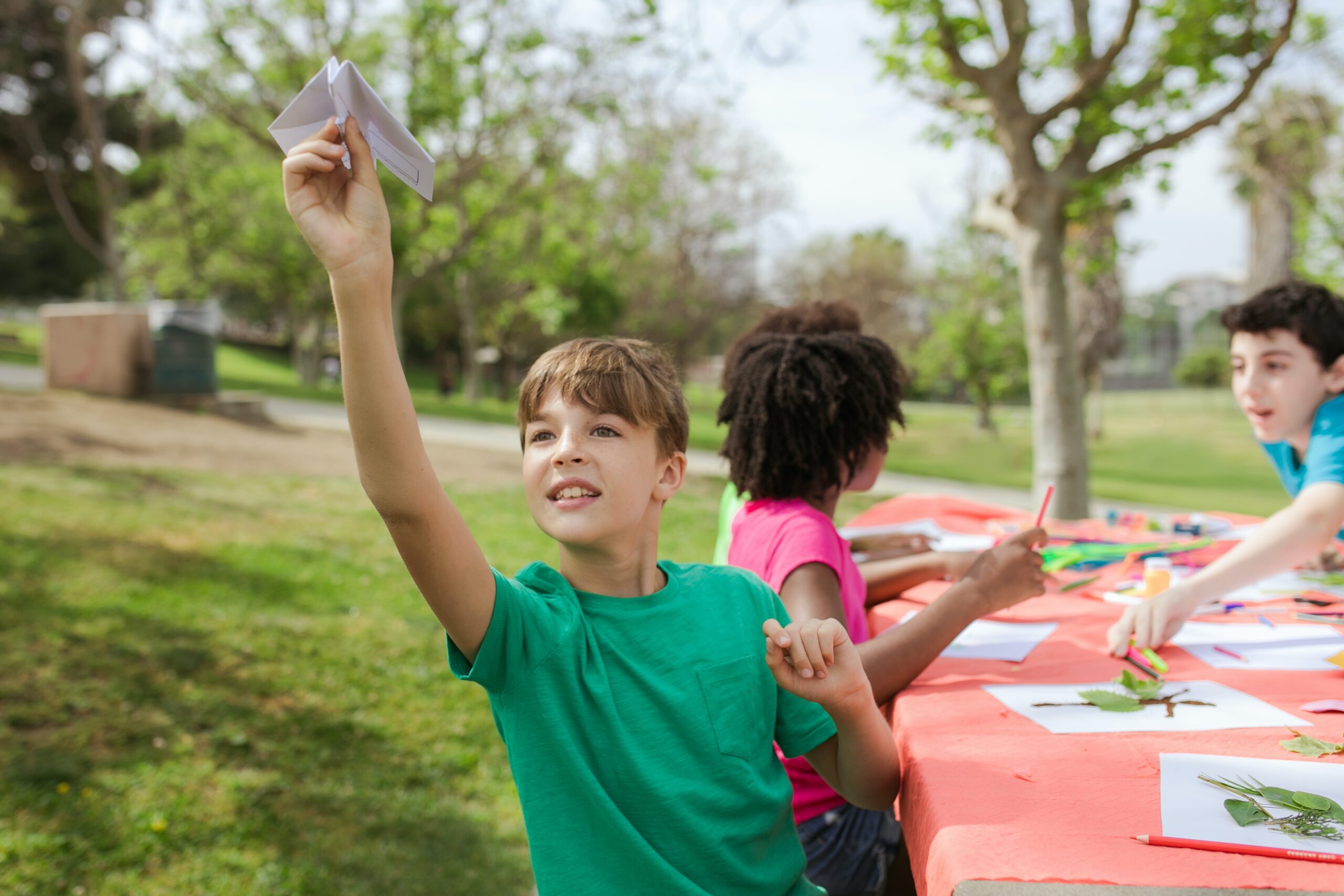In the vast and complex world of education, the culture of a school plays a pivotal role. It’s the heartbeat that pumps life into the educational institution, influencing the attitudes, behaviors, and interactions of everyone within its walls. From students and teachers to administrators and parents, all are touched by the unique culture that each school embodies. But what shapes and molds this culture? What can transform it, improve it, and make it more conducive to learning and growth? The answer lies in educational events.
Educational events are not just occasions marked on a school calendar. They are powerful tools that can significantly impact the school culture, enhancing the educational experience and cultivating an environment of collaboration, inclusivity, and innovation. In this comprehensive guide, we’ll delve into 10 crucial ways that educational events impact school culture. So, get ready for an enlightening journey that might just transform the way you perceive and approach educational events in your school.
Enhancing Collective Learning and Collaboration
Every educational event is a unique opportunity for collective learning and collaboration. It’s a platform where students, teachers, and even parents come together, not as separate entities, but as a unified body with a shared goal – learning.
Imagine a science fair. It’s not just an occasion for students to showcase their projects or for parents to marvel at their child’s creativity. It’s a melting pot of ideas, a confluence of thoughts, and a stage for interactive learning. When students work on their projects, they’re not just learning scientific concepts. They’re also learning to work as a team, to communicate their ideas effectively, to overcome challenges, and to appreciate the effort and creativity of others. This collective learning experience enhances the school culture by fostering collaboration, teamwork, and mutual respect.
Teachers, too, play a crucial role in these events. They guide students, facilitate their projects, and often learn alongside them. It’s a break from the traditional teacher-student dynamic and an opportunity to build stronger, more collaborative relationships. This, in turn, enhances the school culture by creating a more supportive, inclusive, and cooperative environment.
The impact of these educational events extends beyond the school premises. Parents, who are often involved in these events, get a chance to be a part of their child’s learning journey. They interact with teachers, understand the school’s approach to education, and contribute to the collective learning experience. This strengthens the school-parent relationship and fosters a sense of community, further enhancing the school culture.
Promoting Diversity and Inclusivity
Schools are a microcosm of our diverse society, filled with students from various backgrounds, cultures, and abilities. One of the significant ways educational events can impact school culture is by promoting diversity and inclusivity.
Consider a multicultural day at school. It’s not just a day for students to dress up in traditional attire or share exotic dishes. It’s an opportunity to celebrate diversity, to learn about different cultures, to foster respect and appreciation for our differences. This not only enriches the student’s understanding of the world but also cultivates an inclusive school culture where every student feels seen, heard, and valued.
Moreover, educational events such as spelling bees, debate competitions, or math Olympiads provide a platform for students with different strengths and interests to shine. These events underscore the idea that intelligence and talent take many forms, and every student has something valuable to contribute. This helps to cultivate a culture of inclusivity and mutual respect, where every student feels valued for their unique abilities and contributions.
In addition, educational events can also be designed to cater to students with special needs, ensuring that they, too, have an opportunity to participate and showcase their abilities. For instance, sporting events can include games adapted for students with physical disabilities, while art and music events can provide a creative outlet for students with different learning styles and abilities. By creating inclusive educational events, schools can cultivate a culture that celebrates diversity and promotes equality and inclusivity.
Encouraging Real-world Learning and Problem-solving
Traditional classroom learning, while essential, often falls short of providing students with real-world learning experiences. This is where educational events can step in, bridging the gap between theoretical knowledge and practical application.
Take, for instance, a school-wide project to create a sustainable garden. This isn’t just an event; it’s a hands-on, real-world learning experience. Students aren’t just learning about sustainability from textbooks; they’re getting their hands dirty, planting seeds, nurturing plants, and understanding what it takes to create and maintain a sustainable environment. They’re also learning about responsibility, teamwork, problem-solving, and the importance of contributing to their community.
These real-world learning experiences are invaluable. They equip students with the skills they need to navigate the world beyond the classroom, transforming them from passive learners to active problem solvers. This shift not only enhances the educational experience for the students but also positively impacts the school culture, fostering a spirit of curiosity, creativity, and problem-solving.
Strengthening Relationships and Building Community
School isn’t just a place for academic learning; it’s a community of diverse individuals, each with their unique stories, experiences, and perspectives. Educational events provide an opportunity for these individuals to come together, strengthening relationships and building a sense of community.
Consider a school carnival. Beyond the fun and games, it’s an opportunity for students, teachers, and parents to interact in a relaxed, informal setting. It’s a chance for students to see their teachers in a different light, for teachers to understand their students better, and for parents to engage with the school community. These interactions help to strengthen relationships, build trust, and foster a sense of belonging.
Furthermore, when schools host events that involve the local community, such as charity drives, clean-up days, or cultural festivals, they not only provide valuable learning experiences for their students but also strengthen the relationship between the school and the community. This creates a supportive, interconnected culture that extends beyond the school, positively impacting everyone involved.
Encouraging Student Leadership and Responsibility
Educational events provide ample opportunities for students to step up as leaders and take on responsibilities. Whether it’s organizing a fundraising event, leading a team in a sports competition, or managing the backstage operations of a school play, these experiences help students develop leadership skills, learn to manage tasks and understand the importance of responsibility.
In a leadership role, students learn to plan, delegate, communicate, make decisions, and handle unforeseen challenges. These are skills that not only contribute to their personal growth but also have a positive impact on the school culture. When students take on responsibilities, they feel a sense of ownership and commitment towards their school. This fosters a culture of responsibility, initiative, and leadership, where students are not just learners but also contributors to the school community.
In the next sections, we’ll continue to explore how educational events impact school culture by discussing their role in promoting creativity and innovation, fostering resilience and adaptability, enhancing communication skills, cultivating empathy and compassion, encouraging healthy competition, and nurturing a lifelong love for learning. So, stay with us as we delve deeper into the transformative power of educational events on school culture.
Promoting Creativity and Innovation
Educational events often encourage students to think outside the box, push boundaries, and explore new ideas. Whether it’s an art exhibition, a theater production, or an invention fair, these events provide a platform for students to express their creativity, showcase their talents, and develop innovative solutions to problems.
In the process, students learn to approach challenges with an open mind, consider multiple perspectives, and experiment with new ideas. This not only nurtures their creative abilities but also contributes to a school culture that values innovation and encourages creative problem-solving.
Furthermore, when teachers and administrators actively support and participate in these events, they, too, contribute to the school’s culture of creativity and innovation. They not only inspire students with their own creative endeavors but also demonstrate the importance of embracing new ideas and pushing the boundaries of conventional thinking.
Fostering Resilience and Adaptability
Educational events can sometimes present unexpected challenges, whether it’s a last-minute change in plans, a technical glitch, or an unforeseen obstacle. These challenges provide valuable opportunities for students to learn resilience and adaptability.
For instance, a student participating in a debate competition might have to quickly adapt their arguments when faced with a new point or change their strategy during a chess match. These experiences help students develop mental agility, the ability to think on their feet, and the resilience to bounce back from setbacks.
As students develop these skills, they become more adaptable and resilient, not just in the context of educational events, but in their everyday lives as well. This fosters a school culture that values adaptability, perseverance, and the ability to overcome challenges, creating an environment where students are better equipped to face the uncertainties of the future.
Enhancing Communication Skills
Participation in educational events often requires students to effectively communicate their ideas, whether it’s through verbal presentations, written reports, or artistic expressions. These events provide opportunities for students to practice and hone their communication skills in a variety of contexts.
For example, a student participating in a science fair might have to present their research findings to a panel of judges, while a student involved in a theater production might have to express emotions and ideas through their body language and facial expressions. These experiences help students develop a range of communication skills, from public speaking and active listening to non-verbal communication and effective writing.
As students enhance their communication skills through participation in educational events, they become more effective communicators in the classroom and beyond. This not only improves their academic performance but also contributes to a school culture that values effective communication, collaboration, and understanding.
Cultivating Empathy and Compassion
Many educational events focus on themes or issues that require students to step into the shoes of others, whether it’s through exploring historical events, engaging with social issues, or understanding different cultures. These experiences help students develop empathy and compassion, as they learn to see the world through the eyes of others.
For example, a student participating in a Model United Nations conference might have to represent a country or viewpoint that is vastly different from their own. This requires them to research, understand, and empathize with the challenges and perspectives of others, fostering a greater sense of empathy and compassion.
As students develop these qualities, they become more understanding, tolerant, and compassionate individuals, contributing to a school culture that values empathy, kindness, and inclusivity.
Encouraging Healthy Competition and Nurturing a Lifelong Love for Learning
Finally, educational events often involve an element of competition, whether it’s a spelling bee, a sports tournament, or a science fair. This competition encourages students to strive for excellence, push their limits, and learn from both their victories and defeats. However, it’s essential to ensure that this competition remains healthy and constructive, fostering a culture of mutual respect, sportsmanship, and fair play.
Moreover, these events can also nurture a lifelong love for learning. The thrill of competing in a quiz contest, the joy of bringing a character to life in a school play, or the satisfaction of solving a complex problem in a math Olympiad – these experiences can ignite a passion for learning that extends beyond the classroom. This not only enhances the educational experience for students but also fosters a school culture that values curiosity, passion, and lifelong learning.
In conclusion, educational events have a profound impact on school culture. They shape the attitudes, behaviors, and values of students, teachers, and parents, creating a supportive, inclusive, and vibrant learning environment. So, let’s embrace these events, not just as occasions marked on a school calendar, but as powerful tools for transforming our schools into thriving, dynamic communities of learning and growth.
We welcome any suggestions or questions. You can email us or contact us using the contact page.
You can also connect with us on the following social networks:









0 Comments